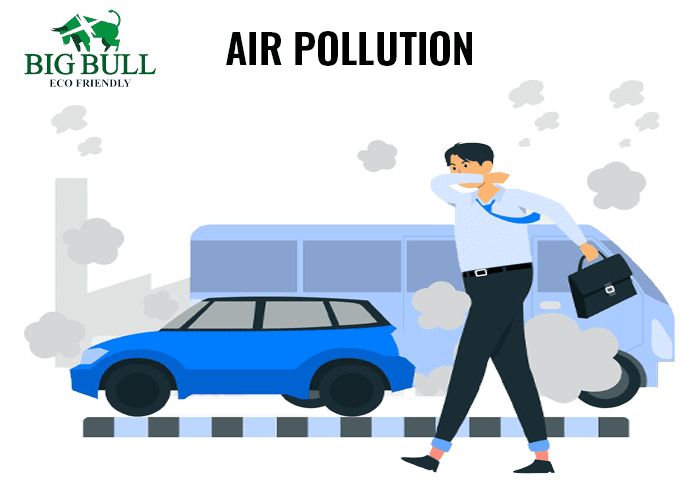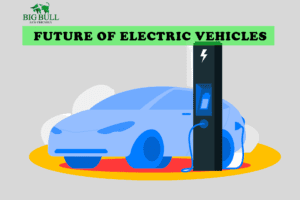Fossil fuels are scarce and their consumption is endangering the environment. The public’s health is negatively impacted over the long term by toxic emissions from gasoline and diesel vehicles. Compared to gasoline or diesel vehicles, electric vehicles have significantly lower emissions. From an efficiency standpoint, gasoline or diesel vehicles can only transfer 17%–21% of the energy contained in the fuel to the wheels, whereas electric vehicles can convert about 60% of the electrical energy from the grid to power the wheels. That represents an 80 percent waste. Even when power production is taken into account, petrol or diesel vehicles still release approximately three times as much carbon dioxide as the average EV. India aims to attain roughly 40% of its installed electric power capacity from non-fossil fuel-based energy sources by the year 2030 in order to lessen the impact of charging electric vehicles. Electric vehicles are the future of transportation in India, thus we must make the transition right away.

Natural greenhouse gas levels in our atmosphere have changed as a result of emissions from the extraction, refinement, transportation, and consumption of petroleum, most notably our CO2 emissions. With the help of the greenhouse gas carbon dioxide, which draws heat, our planet’s temperature is kept above freezing. Fossil fuel use has had a devastating impact on both mankind and the environment, causing everything from air and water pollution to global warming. That goes beyond all the detrimental effects of petroleum-based products such as chemicals and polymers. Petroleum-related emissions from production, processing, transportation, and usage have altered the quantities of natural greenhouse gases in our atmosphere, most notably our carbon dioxide emissions.
Table of Contents
ToggleThe major questions that come in the mind when it comes to petrol usage, some of them are
Does petrol damage the environment?
Carbon dioxide, a greenhouse gas, is released into the atmosphere in massive quantities when fossil fuels are burned. Global warming is caused by greenhouse gases, which trap heat in our atmosphere. Already, there has been a 1C rise in the average world temperature.
Why does petroleum harm the environment?
Being a fossil fuel, its combustion results in the release of harmful pollutants, particularly carbon dioxide, one of the most destructive greenhouse gases. The atmospheric greenhouse layer has changed as a result of human emissions of greenhouse gases, which is a key factor in regulating world temperatures.

Because gasoline produces less carbon dioxide per gallon than diesel, proponents of gasoline engines frequently cite this distinction. According to the EPA, burning one gallon of regular gasoline produces about 19.64 pounds of carbon dioxide (CO2).
This leads to the system’s primary conclusion, where the system idea arrives and leaves, the tension starts, and the real, where it carries with the system carries.






